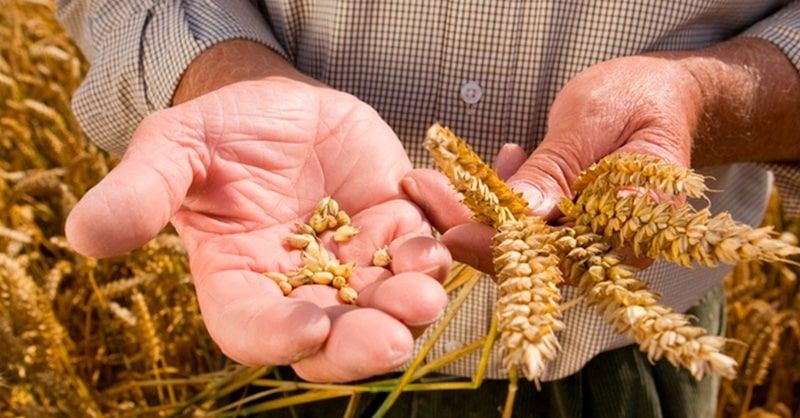Grupo Bimbo carries out several projects related to regenerative agriculture in Mexico, in the production of wheat, corn, sesame and potato.
Regenerative agriculture is an approach to agriculture that aims to improve soil health and fertility, as well as protect water resources and biodiversity.
Since 2018, Grupo Bimbo has had two pilots in regenerative agriculture in Bimbo Mexico, where hand in hand with the International Maize and Wheat Improvement Center (CIMMYT) it has addressed sustainable practices in the states of Sonora and Sinaloa for wheat and in Jalisco for corn.
During the spring/summer 2021 corn cycle in Jalisco, more than 7,000 tons have been harvested in an area of 900 hectares, with the participation of 41 farmers.
For the fall/winter 2021-2022 corn cycle in Sinaloa, there are 2,100 hectares and at least 20,000 tons are expected to be produced under regenerative agricultural practices.
Regarding crop rotation in wheat, in 2021 a sesame project began in Sinaloa, produced under regenerative agriculture practices, where the purchase for consumption by Grupo Bimbo in Mexico is guaranteed.
This year, the production of 1,856 hectares and the participation of 109 farmers was guaranteed.
Likewise, in 2021, regenerative practices were adopted in 430 hectares of potatoes. As a result of these efforts, 90% of current production is certified with Global GAP, the most widely accepted private sector food certification standard in the world. 90% of the potato supply comes from certified farmers.
Regenerative agriculture
The company also seeks to empower farmers and suppliers to protect nature and promote a resilient food system. That is why the company has set the goal of ensuring that 200,000 hectares of wheat are cultivated with regenerative agriculture practices by 2030, ensuring that by 2050 100% of its key ingredients will be produced with this type of practices.
Regarding regenerative agriculture, Nestlé says that restoring soil health helps to extract and capture higher levels of carbon in soils and plant biomass.
Healthier soils are also more resilient to the effects of climate change and can increase yields, helping to improve farmers’ livelihoods.
Grupo Bimbo is committed to promoting regenerative agriculture systems that improve soil health, biodiversity and ecosystem health through regionally specific practices to minimize soil degradation, improve the water cycle and reduce its carbon footprint.

